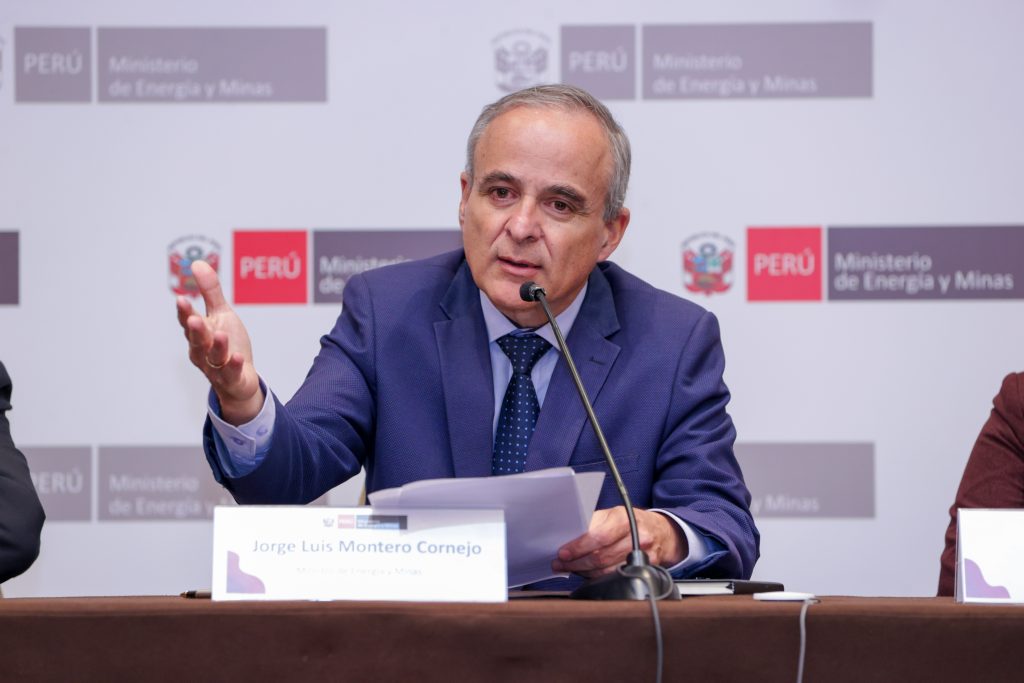Donald Trump’s victory is a threat that will last at least four years. With it comes a more tempestuous version of the economic and geopolitical uncertainty that we already had. It’s him and his circumstance. It comes at a time when protectionism is gaining ground, accompanied by an agenda that is nationalist and loaded with xenophobia. 76.9 million people voted for him, many of whom will demand that Trump fulfill his promises/threats on immigration issues, border control, and that he execute a charismatic leadership style, not exempt from authoritarian traits.
In the execution of his policies, he will be supported by protectionism ideologues such as Peter Navarro; declared anti-Bolivarians, like Marco Rubio and tough anti-immigrants led by the border czar, Tom Homan. As ambassador to Mexico, Kari Lake is mentioned, a hard-line character who would have a very different behavior from the complacent Ken Salazar.
Trump is warning that the economic-trade issue will be mixed with other issues. Tariffs, mass deportations and soft invasions are on the table. There are those who prefer to believe that they are a bluff to sleep in peace. There they are.
Mixing economic issues with security and migration is a paradigm shift that ends one of the greatest successes of Mexican diplomacy in recent years. As a country, we had managed to build a superhighway to address economic issues. The thorniest issues did not hinder this road. They were resolved in parallel paths, which did not hinder the binational trade agenda.
Donald Trump arrives with a narrative that threatens the USMCA, the most valuable asset that the Mexican economy has. Foreign trade activity is equivalent to 74% of the national GDP and is related to one in four jobs. When Trump puts on the table the possibility of imposing 25% tariffs, he puts us in a complicated position. There is some bluff, of course. It is part of a negotiation strategy that wants to force Mexico and Canada to resolve other issues. There is also something that is poison for the North American bloc: the imposition of tariffs would break the rules of the T-MEC. “He is shooting himself in the foot,” says Marcelo Ebrard. It is true, but in that tragic hypothetical event we would be shot in the heart. It was a crime of passion, the red note will say.
There is no economic logic, it would be very costly for American consumers and companies and would damage the competitiveness of the North American bloc, but he would be complying with what he said during the campaign that he was going to do. It has political profitability and, above all, it has a very powerful narrative that connects with the audiences of 2024. I am surprised that Trump’s strategy surprises some prominent members of the 4T. That’s what AMLO did, time and time again. The economic was subordinated to the political. It began with the cancellation of the airport and closed with the constitutional reforms of Plan C. They were very costly decisions economically. Very profitable politically.
Trump is a threat, but he can also serve as a pretext. The economic winter is here and it can be explained in many ways without including Trump in the story. Nearshoring has not meant the flood of investments that was expected. The generation of formal employment fell in 2024. The economy will grow less than 1.5% in a year in which public finances will have a deficit greater than 5% of GDP. The Pemex bailout is a brilliant myth that threatens Mexico’s debt rating. The debt with Pemex suppliers is a bomb that involves more than 400,000 million pesos and is causing havoc in the oil states. This is AMLO’s legacy. Trump will bring other problems and perhaps aggravate some of those I just mentioned, but make no mistake: those were already here. Be careful with using Trump as a pretext. We have an economic crisis around the corner. Perhaps the next US administration will amplify it, but it did not produce it. It’s Made in Mexico.
The next president of the United States is a threat, but he could become an opportunity. What if, to avoid more than one fight with him, we put order on our southern border, plug the “holes” in our customs and put an end to the entry of contraband from China. Now that we have entered into expenses, why don’t we do the pending tasks for nearshoring: energy, infrastructure, security, rule of law…















